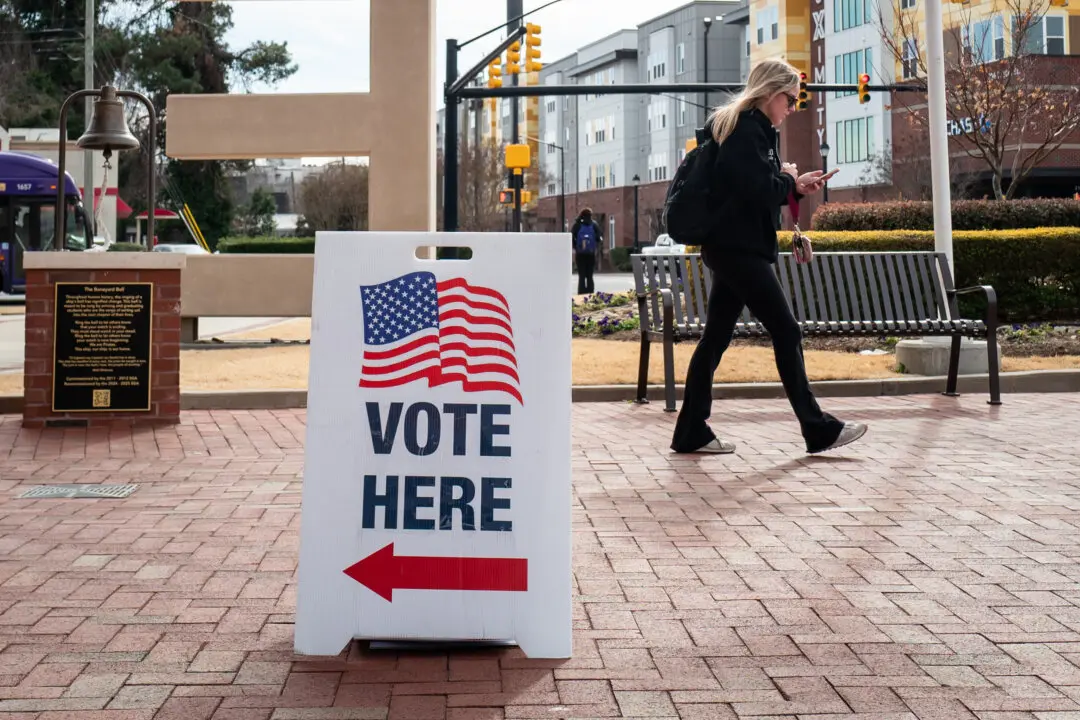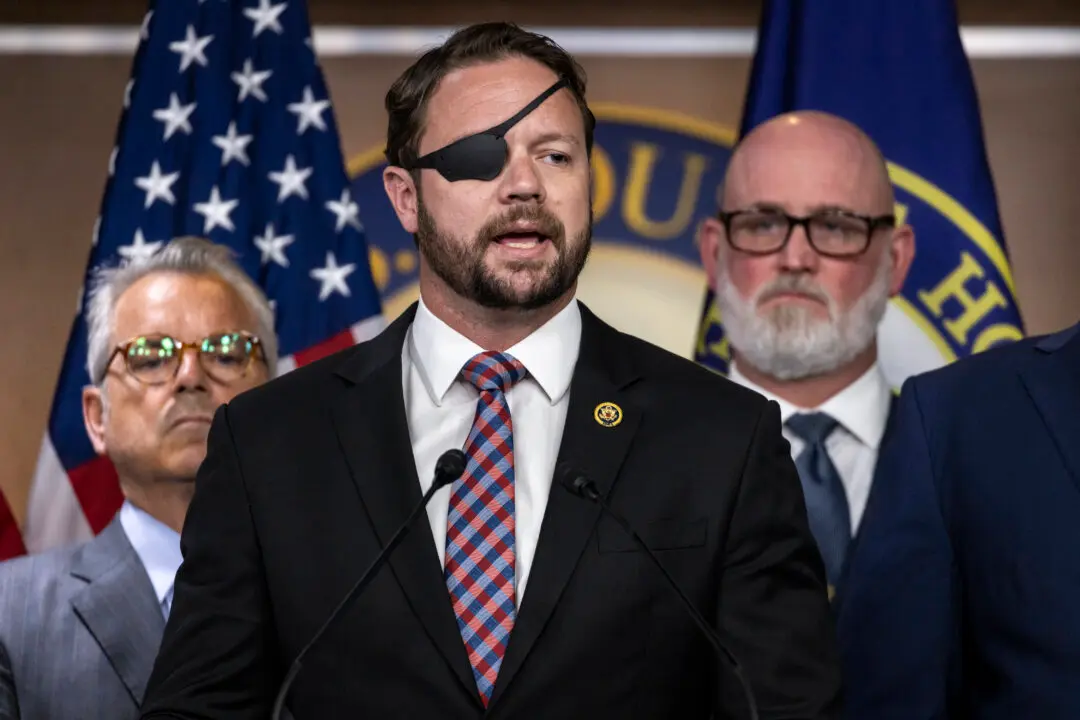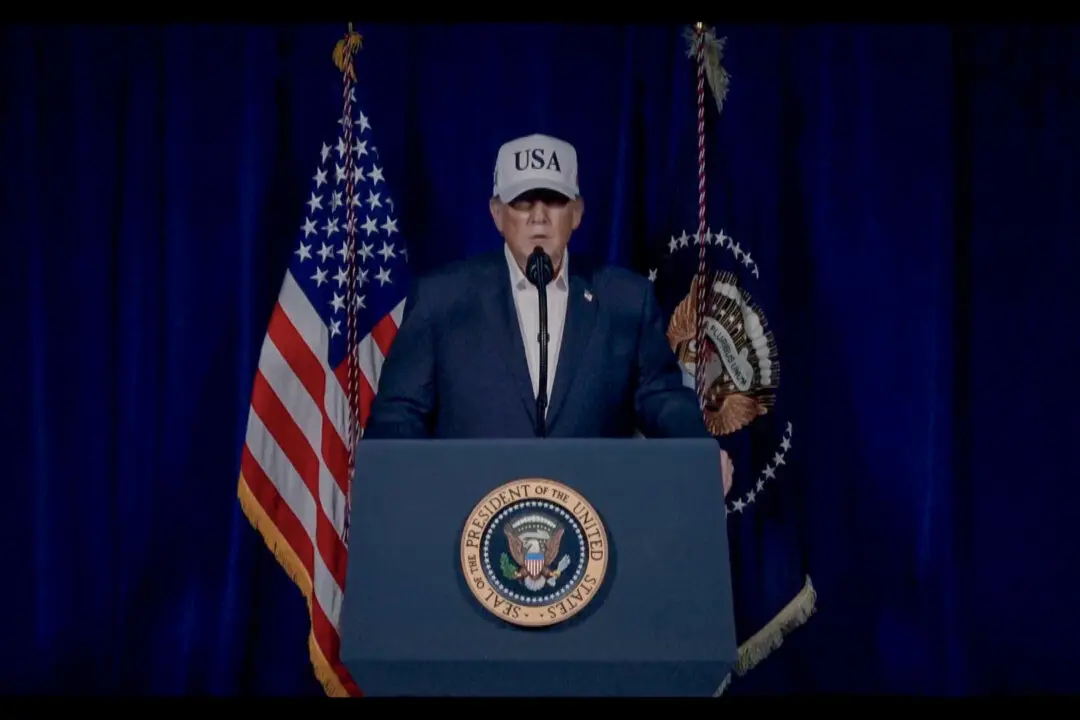The House of Representatives on July 21 passed legislation to protect access to contraceptives after Supreme Court (SCOTUS) Justice Clarence Thomas suggested that precedents guaranteeing contraceptive access as a right should be reconsidered.
The bill, called the “Right to Contraception Act,” passed in a 228-195 bipartisan vote.




